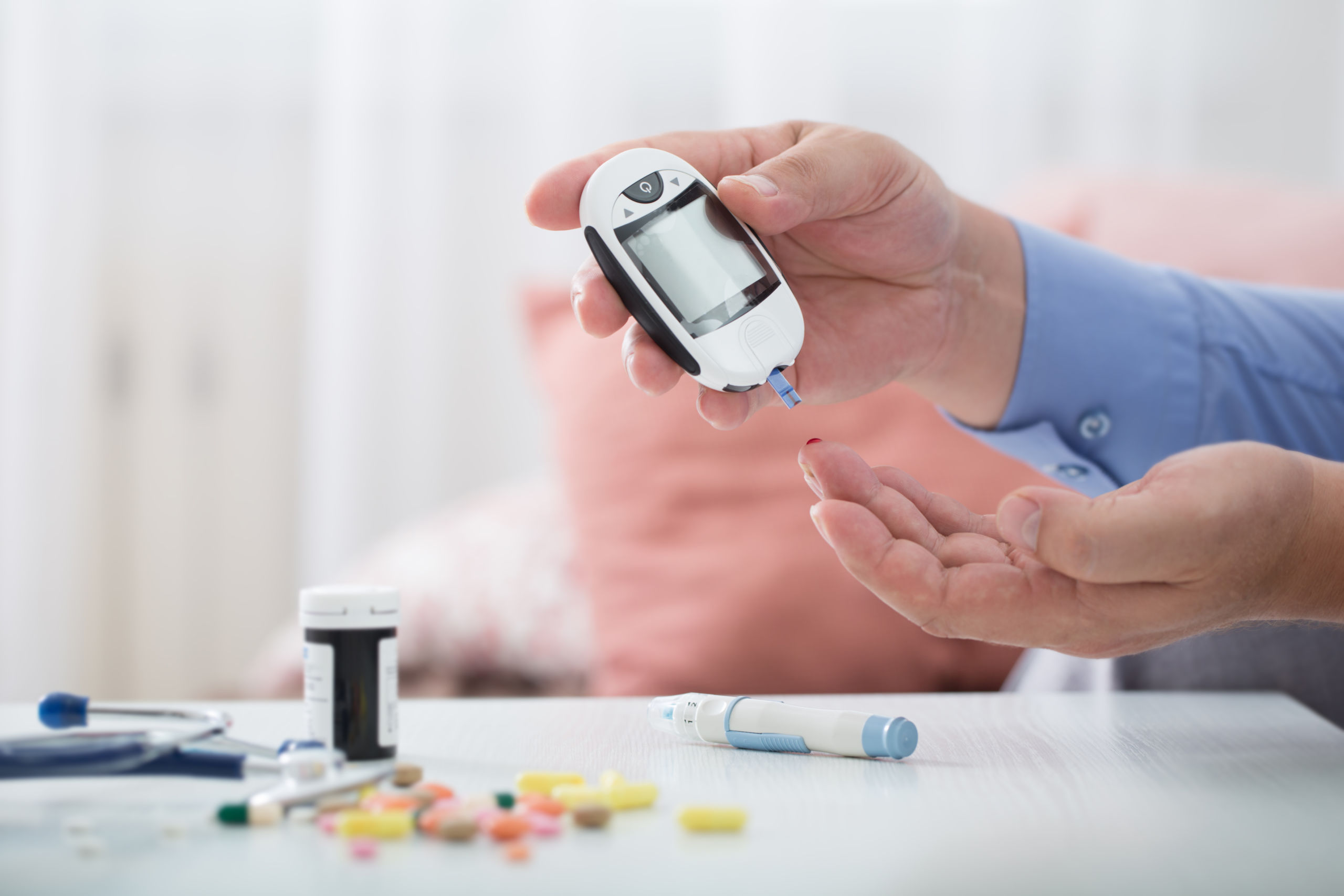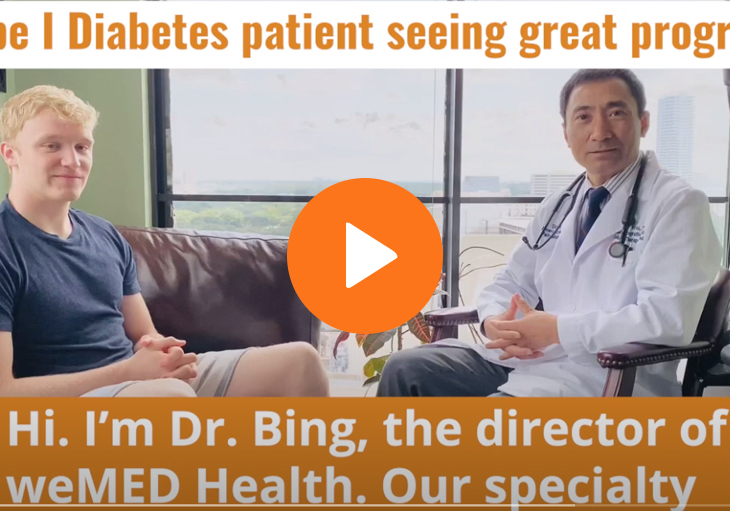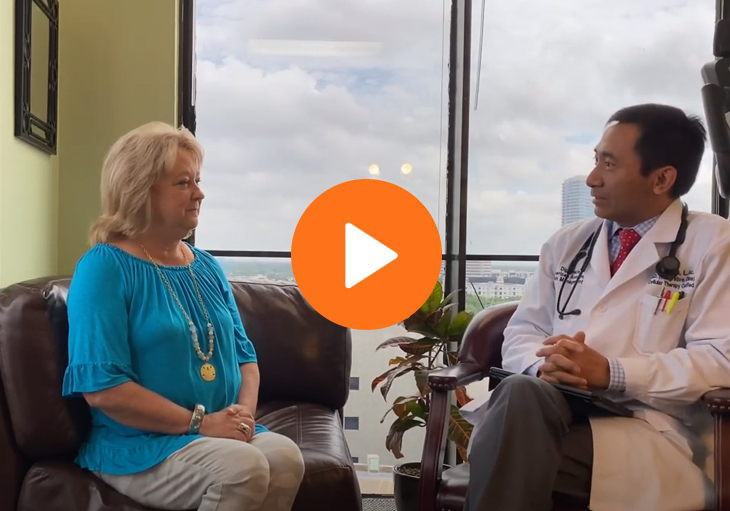Prevalence of Diabetes in Houston, Katy, Sugarland and Cypress
The population in the Houston, Katy, Sugarland and Cypress area is about 2.3 million. According to data from pharmaceutical company Novo Nordisk, the prevalence of type 2 diabetes in Houston, Katy, Sugarland and Cypress is 9.1% – with an estimated one in four of these being undiagnosed. Many of the Houston, Katy, Sugarland and Cypress residents already have diabetes or soon to be diagnosed with Diabetes. If not taking any action, the financial burden for the Houston, Katy, Sugarland and Cypress Diabetes population will increase from $4.1bn in 2015 to $11.4bn by 2040. Considering the consequence of the diabetes complications, such as heart and kidney diseases, blindness, neuropathy and stroke, all could mount to a disaster in Houston, Katy, Sugarland and Cypress healthcare.

REQUEST A CONSULTATION
Telemedicine Available!
Telemedicine Available!
What exactly is diabetes?
Diabetes mellitus is a metabolic disorder defined by excessive blood sugar (glucose) levels caused by insulin secretion or insulin use abnormalities.
Insulin, a hormone generated by the pancreas, normally keeps blood glucose levels in check. Insulin is a hormone that reduces blood glucose levels. Insulin is secreted from the pancreas when blood glucose levels rise (for example, after eating). Insulin works like a key to the receptor on the surface of a cell and stimulates glucose absorption into the cells when it is released. Hyperglycemia is caused by a lack of insulin synthesis or a lack of insulin responsiveness in diabetic patients. Diabetes is a chronic medical illness, which means that it cannot be cured and must be managed for the rest of one’s life.
The pancreas cannot manufacture insulin in people with type 1 diabetes. Type 1 diabetes was previously known as insulin-dependent diabetes or juvenile diabetes. Insulin resistance (cells that are unable to utilize insulin efficiently or at all) is a more common cause of type 2 diabetes. It was previously known as non-insulin-dependent diabetes or adult-onset diabetes.
The causes of diabetes
- Type I diabetes usually has genetic factors involved, but the gene may never express and turn into diabetes unless triggered by such as stress, improper diet, and infections.
- Type II diabetes is more associated with overweight, stress, nutrition imbalance, or accumulation of toxin in the human body.
Alternative diabetes treatments
There have been a few tiny, limited studies as well as anecdotal accounts that certain alternative or “natural” remedies can assist persons with diabetes to maintain their blood glucose levels or preventing the condition or its complications. Herbs and dietary supplements are examples of these. Garlic, cinnamon, alpha-lipoic acid, aloe vera, chromium, ginseng, and magnesium are among the examples.
When should you see a doctor?
A person can find out if they are at risk of prediabetes by taking a simple screening test from the CDC. If the test indicates an increased risk, a person should consult their doctor about getting a blood sugar test to determine whether they have diabetes or prediabetes.
If you have diabetes symptoms, you should see a doctor. Among the signs and symptoms are:
- urinating on an excessive basis,
- severe thirst, and impaired eyesight
- tingling,
- numbness or pain in the feet or hands tingling,
- numbness, or pain in the feet or hands fatigue
Or if you have diabetes, accompanied by high blood pressure, high cholesterol, kidney failure and other comorbidities, you absolutely need to take action to control your diabetes.




